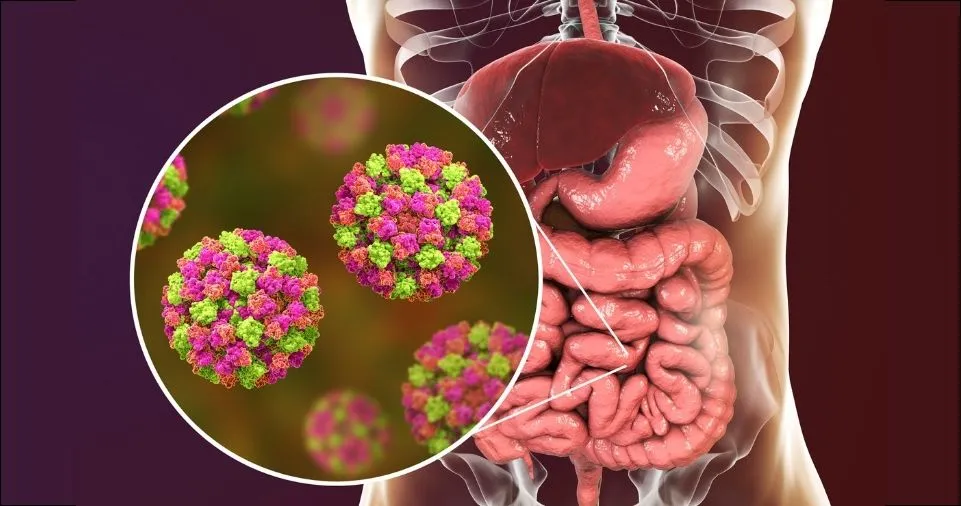Holistic health emphasizes a comprehensive, interconnected approach to wellness that nurtures the body, mind, and spirit.
Unlike traditional health strategies that often focus solely on symptoms, holistic health aims to uncover root causes, fostering lasting vitality and balance.
By integrating aspects such as nutrition, exercise, mental clarity, and preventive care, it empowers individuals to take charge of their overall well-being.
In this guide, we’ll explore actionable strategies to harmonize your physical, mental, and emotional health, creating a sustainable lifestyle that thrives in every aspect.
Start your journey today by embracing a holistic mindset that enhances not just how you feel but how you live.
The Holistic Approach to Health
What is Holistic Health?
Holistic health views the individual as a whole, recognizing that mental, emotional, and physical health are deeply interconnected.
By addressing all these dimensions, holistic health provides a comprehensive path to wellness that nurtures the body, mind, and spirit.
Benefits of Holistic Health
- Improved Physical Health: Reduces the risk of chronic diseases by addressing underlying causes.
- Mental Clarity: Enhances focus and emotional resilience.
- Balanced Lifestyle: Promotes harmony between work, relationships, and self-care.
The Foundation of Wellness: Nutrition
Understanding Balanced Nutrition
A balanced diet fuels your body, supports cognitive function, and helps prevent chronic illnesses.
Here’s a breakdown of essential nutrients:
| Nutrient | Function | Examples |
|---|---|---|
| Carbohydrates | Provide energy for daily activities | Whole grains, fruits, vegetables |
| Proteins | Build and repair tissues | Lean meat, legumes, eggs |
| Fats | Aid in vitamin absorption and energy | Avocado, nuts, seeds |
| Vitamins | Regulate body processes | Citrus fruits, leafy greens |
| Minerals | Support bone and heart health | Dairy, fish, nuts |
Tips for a Balanced Diet
- Diversity is Key: Include a variety of food groups in your meals.
- Hydrate Regularly: Drink at least eight glasses of water daily.
- Limit Processed Foods: Opt for whole, unprocessed ingredients.
ALSO READ: WellHealthOrganic Morning Coffee Tips With No Side Effect
The Power of Regular Exercise

Types of Exercises for Optimal Health
Engaging in different types of exercises ensures overall fitness and reduces the risk of lifestyle diseases.
| Exercise Type | Benefits | Examples |
|---|---|---|
| Cardiovascular | Improves heart health and stamina | Running, swimming, cycling |
| Strength Training | Increases muscle mass and metabolism | Weightlifting, resistance bands |
| Flexibility | Enhances mobility and reduces injury | Yoga, Pilates |
| Balance Exercises | Boosts coordination and stability | Tai Chi, standing on one leg |
How to Start an Exercise Routine
- Set Realistic Goals: Start with 30 minutes a day, five days a week.
- Mix It Up: Combine different exercise types for a well-rounded routine.
- Track Progress: Use fitness apps to monitor your achievements.
Prioritizing Mental and Emotional Well-Being
Effective Stress Management Techniques
Chronic stress can take a toll on your health.
Implement these strategies to foster mental resilience:
- Mindfulness: Practice being present through meditation or journaling.
- Yoga: Combines physical movement with mental focus for stress relief.
- Deep Breathing: Aids relaxation and reduces anxiety.
Enhancing Sleep Quality
Adequate sleep is critical for mental and physical recovery.
Follow these tips:
- Maintain a consistent sleep schedule.
- Create a calming bedtime routine.
- Avoid screens and stimulants before bed.
Adequate Hydration: The Overlooked Key to Health

Importance of Staying Hydrated
Water plays a crucial role in:
- Regulating body temperature.
- Supporting digestion and nutrient absorption.
- Enhancing skin health and cognitive function.
How to Stay Hydrated
- Carry a reusable water bottle.
- Include water-rich foods like cucumbers and watermelon in your diet.
- Monitor urine color as an indicator of hydration levels.
The Role of Preventive Healthcare
Why Preventive Care Matters
Proactive health measures can help identify and address potential issues early.
Benefits include:
- Early detection of diseases.
- Cost savings on long-term treatments.
- Improved quality of life.
Recommended Health Screenings
| Test | Recommended Frequency |
|---|---|
| Blood Pressure | Every two years for healthy adults |
| Cholesterol | Every five years from age 20 |
| Blood Sugar | Every three years from age 40 |
| Cancer Screenings | Based on age and risk factors |
Integrating Wellness Into Daily Life
Practical Tips for a Healthier Lifestyle
- Meal Prep: Plan your meals to ensure a balanced diet.
- Incorporate Movement: Take short walks during work breaks.
- Stay Connected: Build strong social connections to enhance emotional health.
Real-Life Example
Jane, a 35-year-old working professional, started prioritizing her health by making small changes.
She incorporated a 20-minute morning yoga session, switched to whole foods, and scheduled regular health check-ups. Within months, she felt more energetic and mentally focused.
ALSO READ:WellHealthOrganic.com: Remove Dark Spots on Face Tang – Lemon Juice
Conclusion
Holistic health is about creating harmony across your physical, mental, and emotional well-being.
By embracing balanced nutrition, regular exercise, adequate hydration, stress management, and preventive care, you can achieve a state of wellness that enriches every aspect of your life.
Start today by taking small, consistent steps toward a healthier, more vibrant you.
We at well-healthorganic.com shares helpful blogs about natural health, Ayurveda, and fitness. We provide easy tips, home remedies, and simple advice to help you live a healthy and balanced life. Explore ways to stay fit and enjoy natural living with us.



